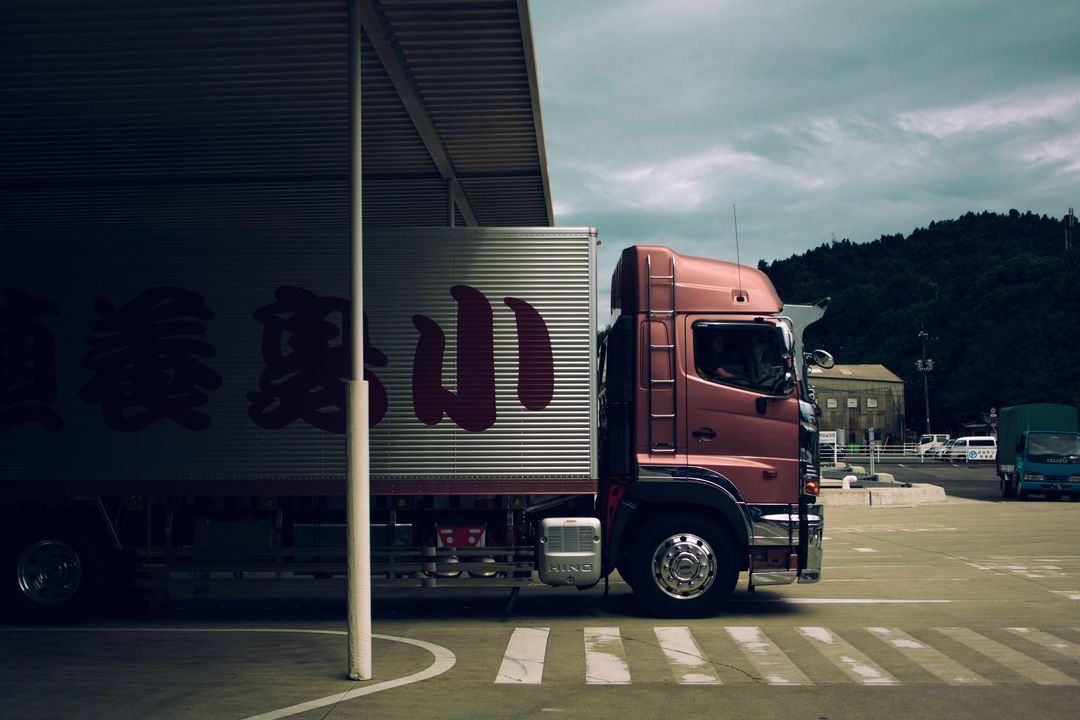Leveraging notifications for logistics

Contents
Introduction
Logistics today has brought borders closer and helped in making the world more accessible in many ways. Granted how almost every business uses logistics in some form or the other, communication becomes the backbone to ensure that operations are smooth. Vendors, logistics providers, warehouse managers, drivers, and users - are all heavily dependent on communication to know the status of their goods and services. Like many other industries, the transportation and logistics sector is also changing gears and inching towards digital to help build and scale companies to improve efficiency, and speed and simplify processes that were previously time-consuming.
Digitalisation also reduces human error to a large extent. Considering the vast number of stakeholders and the volume of communications that need to be sent out, notifications become primary.
How do notifications play out in the logistics sector?
Transparency:
Real-time updates help all the related stakeholders to know the exact status of a consignment, lessening the burden of confusion.
Disaster management:
Helps with tracking delays and other issues, which makes it easy for the customer as well as the company to plan for such contingencies and prepare for such unprecedented issues.
Inexpensive:
As opposed to phone calls, SMS is far cheaper for any business to communicate delivery updates. Receiving silent notifications instead of a phone call also contributes to customer satisfaction in the process.
Data logs:
Since every order is logged step by step, the inefficiencies can be fixed much faster than before, thereby helping every business better its processes.
Now, let’s look at a few use cases where communication is being used extensively by the different stakeholders involved. Right from the order placed to the order delivered, the entire journey of a commodity is documented and communicated via notifications. How convenient, right?
- Delivery confirmations or the option to reschedule if the user isn’t available
- Tracking information with a tracking link- Feedback for deliveries via text or survey links
- Alerts for deals, sales or anything promotional- Payment confirmations, reminders or failures
- Any delays in deliveries or early arrivals, schedule changes or cancellations
- Inventory management communicated to staff/internal teams
- Delivery details sent to drivers/delivery persons
We’ve listed down only a few, but this list could go very long depending on the scale of the business at hand. To handle such a load, as well as ensure that it’s timely and effective, it’s far easier for an org to deploy an integrated suite to handle all notifications as opposed to building out an infrastructure in-house. Turn your logistical nightmares into dreams!
🧨 At Fyno, this is what we’re building to ensure that you can focus on your business, while we’ll take care of your notification needs!
See you in the next,
Team Fyno